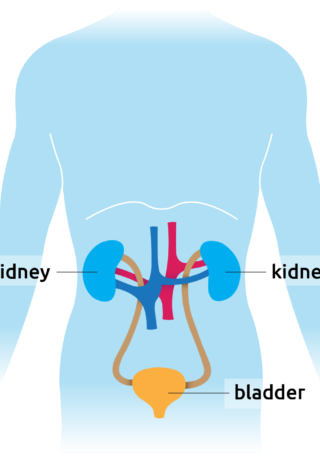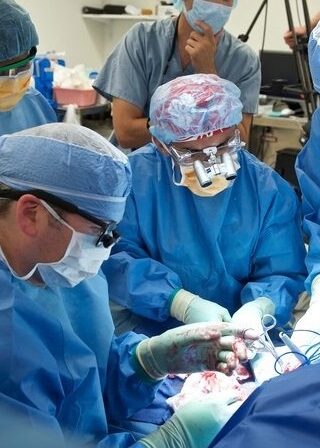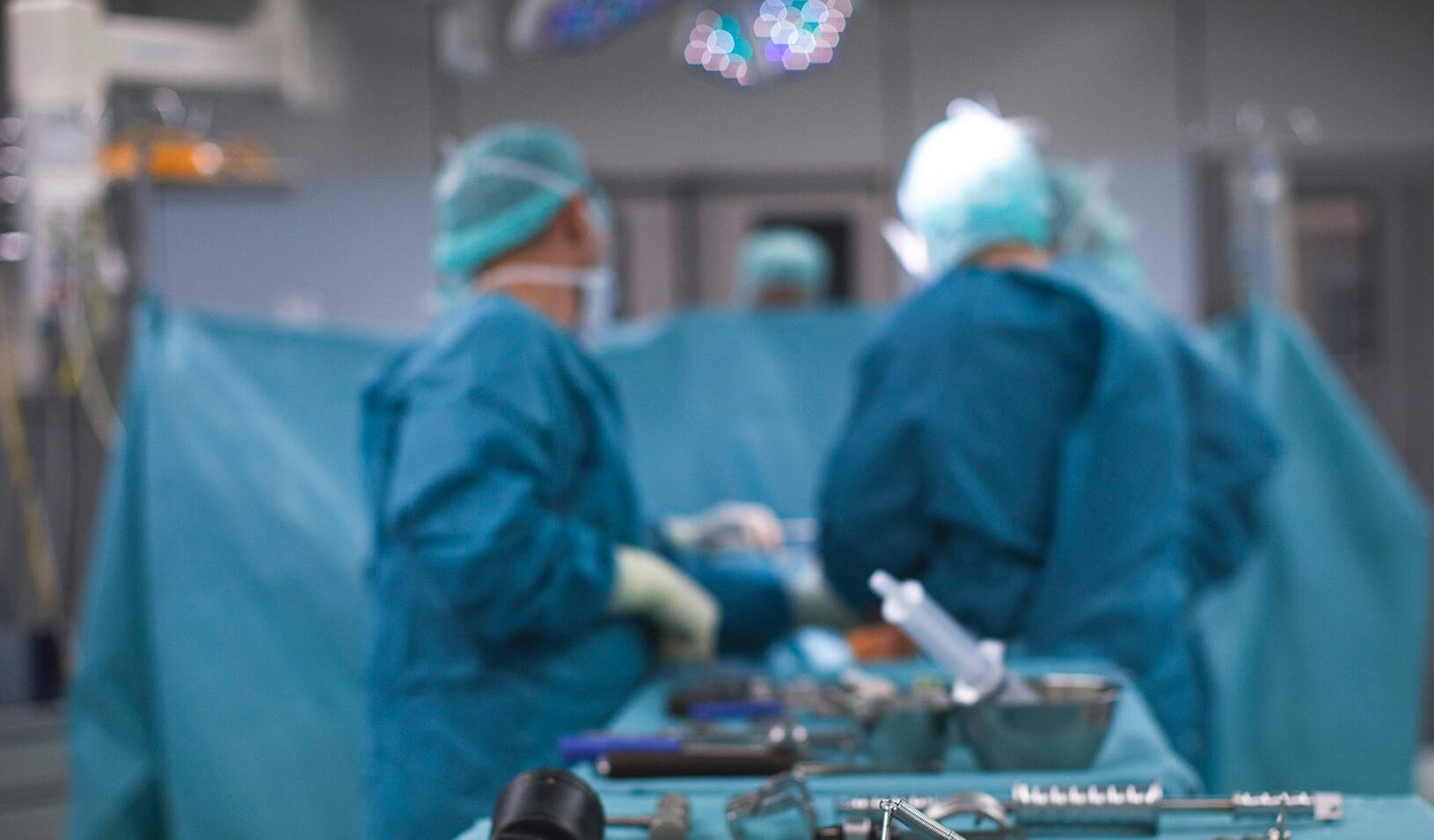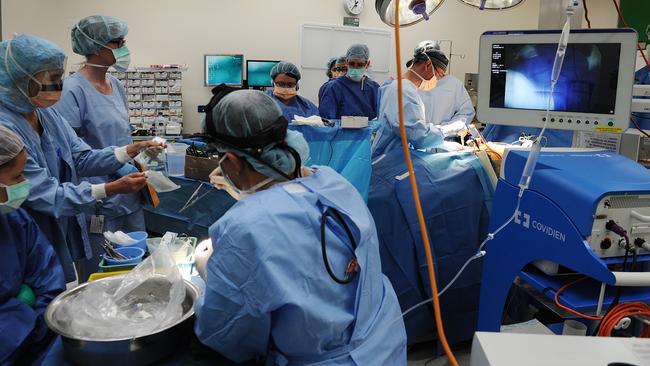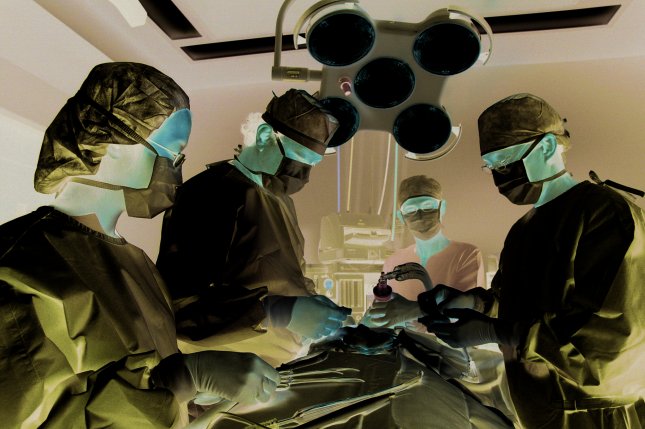In general, you will be given a general anesthetic in the operating room. You will be asleep and will not feel any pain during the surgery. In most cases, you and your recipient will be in adjacent operating rooms. One of your kidneys will be carefully removed and transplanted in the recipient. Typically, the surgery takes 3–5 hours with time in the recovery room afterward for observation. Removing your kidney may be done by laparoscopy or open surgery. The surgery to remove a kidney is called a “nephrectomy.”
A kidney can be removed in either of two ways, the traditional open surgery or the laparoscopic technique. Your transplant team can provide you with information about the different types of surgery.
Laparoscopy is the preferred method for kidney donor transplants. It involves the use of a laparoscope (wand-like camera) that is passed through a series of small incisions or “ports” in the abdominal wall (stomach). It is used to view the abdominal cavity and remove the kidney through a small incision. The advantages of laparoscopic surgery include shorter recovery time, shorter hospital stay, smaller incisions, and fewer post-operative complications. Laparoscopic surgery takes special skills to perform and is not available at all hospitals. Also, whether you can have laparoscopic surgery depends on your medical condition and overall health.
Some donors may not be able to have laparoscopic surgery because of previous surgeries or anatomical variations. These variations are generally detected during the testing process, in which the potential donor would be notified that they would not be a candidate for laparoscopic donation. Some scheduled laparoscopic donations must be converted to the open technique during the surgery process.
Open nephrectomy is also done under general anesthesia and is a more invasive procedure. The surgeon makes a cut (incision) in the abdomen or in the side of the abdomen. A rib may need to be removed to perform this procedure. After the kidney is removed, the incision is closed with stitches.
Your transplant center can give you the most current medical information about the surgical process. They will help you determine what is best for you.

